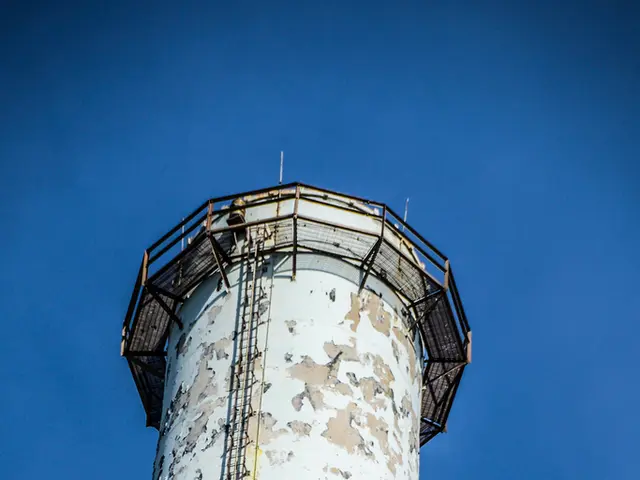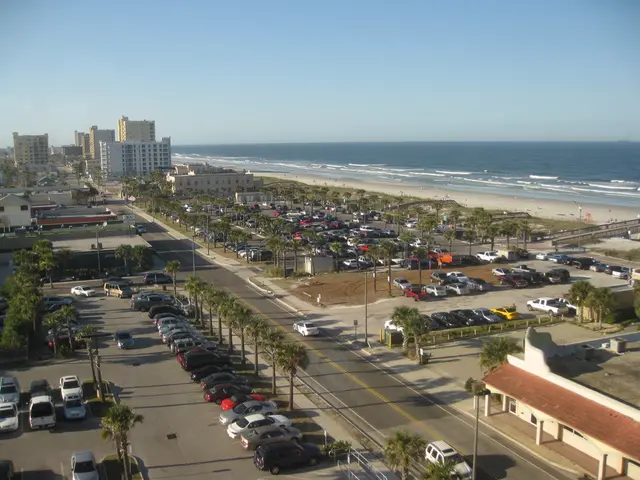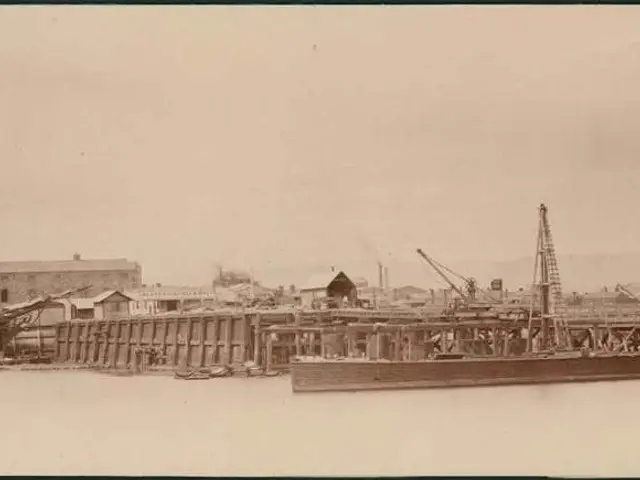"Beyond Flood Control: Exploring Additional Projects"
The fight against corruption, plastic pollution, and climate inaction is a battle for our future. This battle is being waged on various fronts, particularly in coastal areas where the challenges are profound.
Plastic pollution continues to be a serious threat, with single-use plastics dominating the waste collected during coastal clean-ups. The challenge of preserving ecosystems and communities lies in addressing systemic issues such as rampant corruption in flood control projects, destructive reclamation, plastic pollution, and climate change impacts.
Corporations must be held accountable for retrieving and reducing the plastic waste they produce, rather than passing the burden to communities. Large-scale reclamation projects across Manila Bay and other coastal areas continue to destroy habitats, displace fishing communities, and worsen floods.
The worsening climate crisis adds to the challenges faced by coastal communities, with rising sea levels, stronger storms, and unpredictable weather patterns. For decades, billions of pesos have been spent on flood control projects, many of which have been tainted with corruption and inefficiency.
To combat plastic pollution, a national ban on single-use plastics and strict enforcement of the Extended Producers Responsibility (EPR) Act are necessary measures. The government is called upon to pass a strong national ban on single-use plastics and to fully implement RA 11898, the EPR Act.
The Marcos administration is urged to end corruption-driven flood control projects and shift to transparent, community-led, and nature-based solutions. Real resilience for people and ecosystems can only be achieved through nature-based solutions, not corruption-driven infrastructure projects or destructive development projects.
Mangrove restoration, wetlands protection, and marine ecosystem conservation are cost-effective, long-term solutions that increase climate resilience. The government should focus on community-led and nature-based solutions, such as restoring mangroves, wetlands, and river ecosystems.
Recently, the Earth Island Institute Asia-Pacific joined environmental groups, community leaders, youth, and fishing communities in Navotas for International Coastal Clean-Up Day. The ICCD event is not just about picking up trash, but a call to action for systemic change, defending coastal communities' right to livelihood, and fighting for climate resilience and environmental justice.
It is time to stand together, demand transparency, and protect both our people and our planet. The call in the Philippines in 20XX to end corruption in flood control projects and to adopt transparent, community-based, and nature-based solutions was made by the Earth Island Institute PH.
The International Coastal Clean-Up Day (ICCD) is a reminder that everyone has a role to play in preserving our planet. Let us all join fishermen and coastal communities in protecting our seas, coasts, and future.
Read also:
- chaos unveiled on Clowning Street: week 63's antics from 'Two-Tier Keir' and his chaotic Labour Circus
- Racing ahead in Renewable Energy Dominance: Changzhou, Jiangsu Pushes for Worldwide Renewable Energy Ascendancy
- Feeling disoriented or perplexed.
- The potential consequences of the European Union's Clean Hydrogen strategy in relation to exacerbating our global climate emergency.








